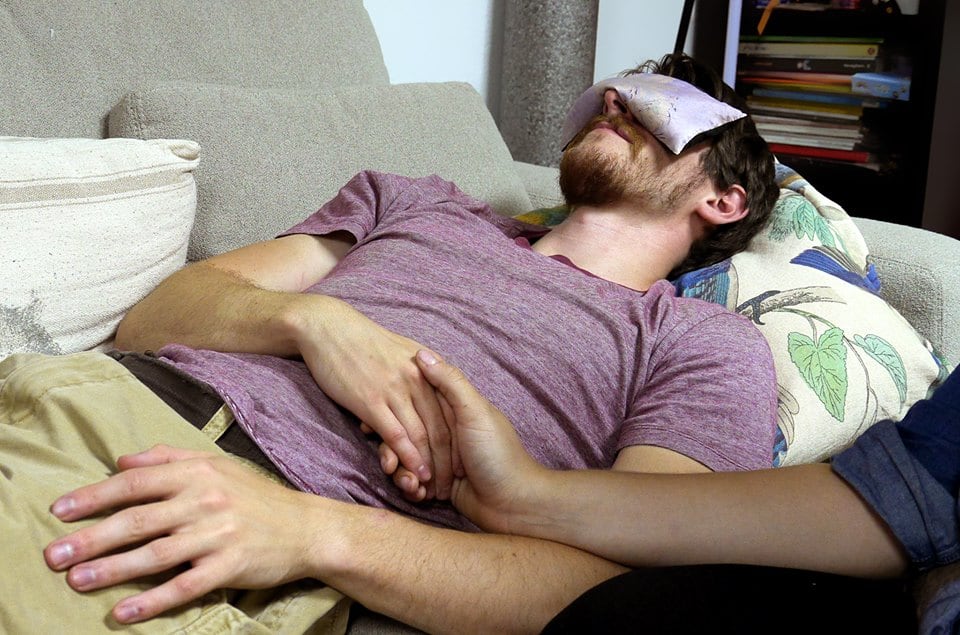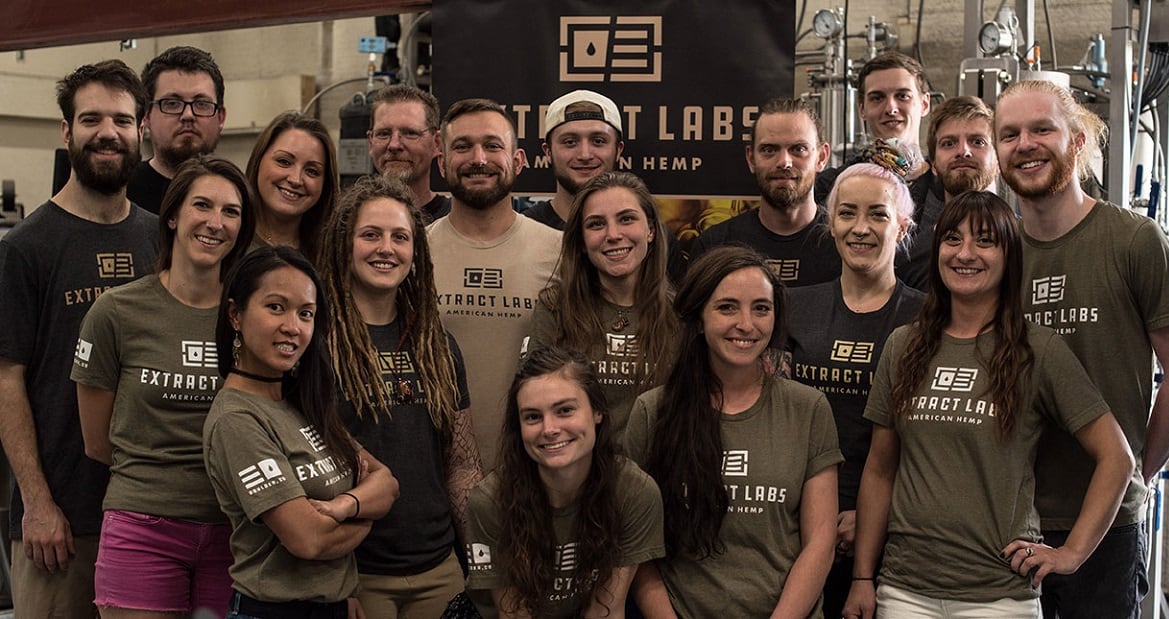Sanctioned psychedelic drug use as a medical or psychological treatment method is gaining ground as part of today’s hallucinogenic renaissance.
Recent scientific studies approved by the Food and Drug Administration have yielded positive cognitive results when administering “microdoses" of the drugs lysergic acid diethylamide, or LSD, and psilocybin, the alkaloid in hallucinogenic mushrooms.
But could this new wave of unorthodox treatment ever find its way into the ranks of the military? According to an article by Marine Maj. Emre Albayrak that was published in the February issue of the Marine Corps Gazette, it certainly should.
RELATED

Microdosing, which refers to administering a minuscule quantity of the drug in order to avoid hallucinations or debilitating effects in the patient, is already being used by “scientists, Silicon Valley executives, biologists, biohackers, and others” to achieve a mental edge, Albayrak writes.
Administering in such doses has the potential to “significantly heighten alertness, creativity, and problem solving."
Today’s service members, especially those in the intelligence, surveillance and reconnaissance communities, are faced with the nearly-insurmountable task of analyzing a rapidly-growing tidal wave of analytical data that, with today’s advances in technology, will only continue to expose cognitive shortfalls, the author writes.
Personnel in these professions have made every attempt to stem that tide, employing approved pre-workout supplements, tobacco, caffeine or any other legal substances designed to raise a sense of alertness or boost productivity.
But an inability to process “superhuman” amounts of information in a community in which “one percent gains provide significant advantages” on the battlefield necessitates a better solution, Albayrak suggests.
Enter LSD and magic mushrooms.
“Like most hallucinogens, LSD mimics the effects of serotonin (a mood regulator),” the author says, and activates enhanced mental acuity in the areas of learning and memory.
Additionally, the drug commonly referred to as “acid” can decrease blood circulation to the part of the brain that instigates periods of mind wandering.
And while the use of performance-enhancing drugs like Ritalin or Adderall to combat the dreaded attention lapse is well-documented, both drugs “are amphetamines and carry a variety of side effects,” including kidney failure, rhabdomyolysis and addiction risk, Albayrak says.
With microdoses of psychedelic drugs, meanwhile, military personnel can potentially “connect seemingly unconnected pieces of information and create revolutionary new solutions."
RELATED

Beyond the scientific research evidence emerging from institutions like Johns Hopkins, NYU or Yale, additional proof of LSD’s benefits, the author claims, lies in the number of successful minds who have employed the drug for its cognitive rewards.
This group includes “Nobel Prize–winning scientists admitting their use of small doses of LSD to boost thought,” Albayrak says, as well as the late CEO of Apple, Steve Jobs, who called dropping acid "a profound experience, one of the most important things in my life. LSD shows you that there’s another side to the coin.”
The military should join the growing list of psychedelic beneficiaries, the author writes, to become “stronger, faster and smarter than our adversaries."
No one wants a level playing field in combat, after all.
“World Anti-Doping Agency doping control officers are not taking samples after missions to ban Marines from ‘competition,'” Albayrak writes. “Our enemies are already seeking an edge over us through PEDs.”
The chances of the military signing off on the use of psychedelic performance enhancers are slim, but with societal attitudes toward psychedelics trending in the direction they are, it’s worth a discussion.
Just last year, another round of test results using a different psychedelic party drug continued to show promise as a treatment option for patients with chronic post-traumatic stress disorder.
The study, published in the Lancet Psychiatry journal, found that MDMA, the main ingredient in ecstasy or molly, dramatically reduced PTSD symptoms in study participants.
In a follow-up one month after the second therapy session, researchers found that symptoms of PTSD were effectively eliminated in 68 percent of the study’s participants.
Therapy, coupled with MDMA, has the capability to “reduce fear and defensiveness, enhance communication and introspection, and increase empathy and compassion, enhancing the therapeutic process,” according to a press release from the California-based nonprofit, Multidisciplinary Association for Psychedelic Studies.
In response to continued success, MDMA was given “breakthrough therapy” status in 2017 by the FDA. Demonstrating significant efficacy and safety in an additional round of testing is expected to result in full FDA approval by 2021.
In a poll of nearly 1,400 Military Times readers, 87 percent said they were in favor of granting veterans access to MDMA.
These developments have not been lost on active-duty personnel.
“Though the idea is radical, it must be understood that this is neither a sideways attempt to allow Marines to ingest illicit substances nor to be mistaken as a half-baked attempt to recreate previously failed paranormal experiments,” the author writes.
"This is a serious foray and discussion about considering the use of cognitive PEDs to increase productiv- ity, creativity, problem-solving ability, and flow.
Maj. Albayrak’s full article can be found here.
J.D. Simkins is the executive editor of Military Times and Defense News, and a Marine Corps veteran of the Iraq War.









